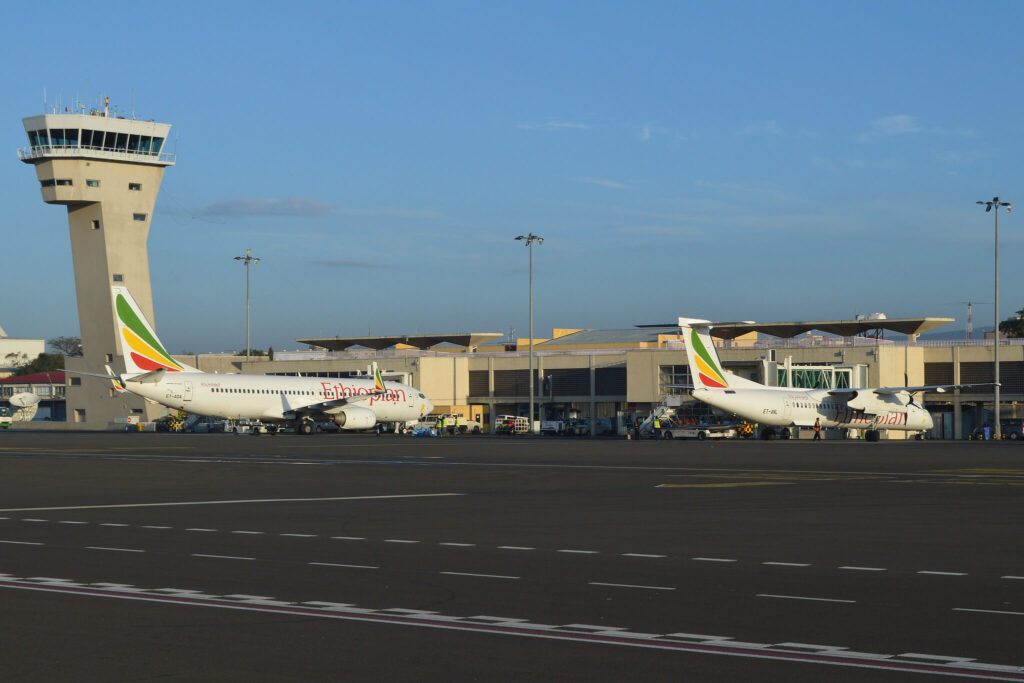After Ethiopian authorities released a preliminary report of Ethiopian Airlines crash, Boeing CEO came forward with a public address, acknowledging an angle of attack malfunction detected in both the ET 302 and previous Lion Air 610 crash reports.
Ethiopian Civil Aviation Authority has published a preliminary report of Ethiopian Airlines flight ET 302 crash on April 4, 2019. So for now, the investigators have determined the following:
-
The Aircraft possessed a valid certificate of airworthiness;
-
The crew obtained the license and qualifications to conduct the flight;
-
The takeoff roll appeared normal, including normal values of left and right angle-of-attack (AOA).
-
Shortly after liftoff, the value of the left angle of attack sensor deviated from the right one and reached 74.5 degrees while the right angle of attack sensor value was 15.3 degrees; then after; the stick shaker activated and remained active until near the end of the flight.
-
After autopilot engagement, there were small amplitude roll oscillations accompanied by lateral acceleration, rudder oscillations and slight heading changes; these oscillations also continued after the autopilot disengaged.
-
After the autopilot disengaged, the DFDR recorded an automatic aircraft nose down (AND) trim command four times without pilot’s input. As a result, three motions of the stabilizer trim were recorded. The FDR data also indicated that the crew utilized the electric manual trim to counter the automatic AND input.
-
The crew performed runaway stabilizer checklist and put the stab trim cutout switch to cutout position and confirmed that the manual trim operation was not working.
The report also confirms that ET 302 first officer had 361 flying hours, 56 of them were logged on Boeing 737 MAX aircraft. The 25-year old has just completed his line training/check on January 31, 2019. All his 207 hours on a Boeing 737 were achieved within the last three months prior the crash.
One passenger has escaped the accident by missing the flight. In particular, a “last-minute change (LMC) corrected the final weight to take into account the no-show of one passenger (- 100 kg),” the report states.
Boeing CEO responds
The investigators of ET 302 crash recommend the manufacturer to review 737 MAX flight control systems and advise aviation authorities to review if Boeing “adequately” addresses this question.
Boeing is already working on MCAS, found on all 737 MAX aircraft, software update since Lion Air flight 610 crash in October 2018. Now, the manufacturer says it is nearing the completion, expecting certification and the update implementation on global 737 MAX fleet “in the weeks ahead”.
In a video address on the topic, Boeing chairman, president and CEO Dennis Muilenburg acknowledges investigators’ findings that it faulty angle of attack sensor input activated Maneuvering Characteristics Augmentation System (MCAS).
Nevertheless, Muilenburg also retains that there were multiple reasons behind the flight 302 crash. “The history of our industry shows most accidents are caused by a chain of events,” Muilenburg says. “This again is the case here, and we know we can break one of those chain links in these two accidents. As pilots have told us, erroneous activation of the MCAS function can add to what is already a high workload environment. It’s our responsibility to eliminate this risk. We own it and we know how to do it.”
Meanwhile, Fitch Ratings has issued an assessment of 737 MAX grounding for Asian airlines, claiming the impact will worsen than is has been so far in the upcoming months. “The impact on airline operations and airfares in Asia from the grounding of Boeing 737 Max jets has been largely muted so far, but could worsen from 2Q19 due to a seasonal pick-up in travel demand, Fitch Ratings says”.

